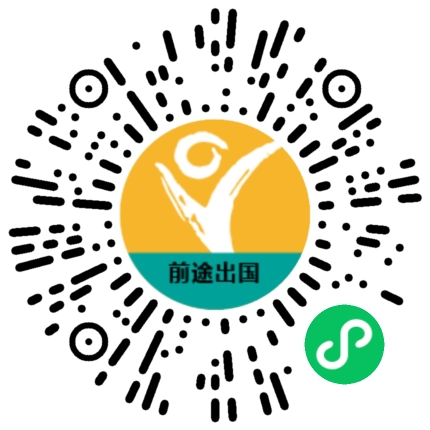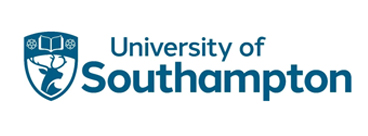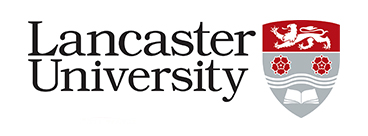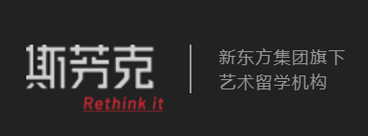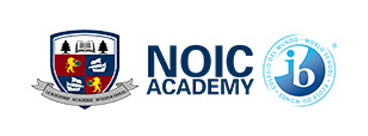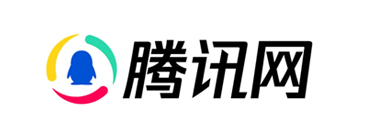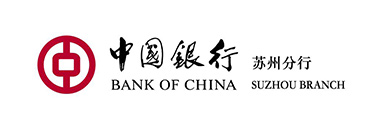21秋-岭南大学-社会创业与创新管理
背景介绍
申请难点
留学规划与提升
Developing a new generation of social innovators and entrepreneurs for sustainable growth
To support the development of a new generation of social innovators and entrepreneurial leaders, Lingnan University is launching its new MA in Social Entrepreneurship and Innovation Management (SEIM) in September 2021. The programme is the product of a collaboration between Lingnan’s School of Graduate Studies and the Office of Service-Learning.
According to Professor Albert Ko, SEIM Programme Director, there is a clear trend in the evolution of social enterprises, particularly in Hong Kong and Asia.
“People began to realise if they wanted to grow their social enterprise and have a real impact, then the business has to be scalable. In the past, there were good and valuable social enterprises. But it was very hard for them to scale up.”
One thing that distinguishes social enterprises from purely commercial businesses is that they have many bottom lines. Prof. Ko cites the example of small restaurants employing elderly people to serve food and says, “There are multiple objectives you want to achieve to be rated as successful. Some social enterprises hire a lot of unemployed people, or those from the otherwise unemployable population, and that is how they make a major contribution to society. Some of them are very profitable compared to conventional businesses.”
Though successful in their own right, these enterprises often cannot expand to multiple districts. “In the past social enterprises started more from the social side rather than the business side. Now, people have begun to realise they need stronger business models in place to achieve their social mission.” Critical new approaches to social entrepreneurship are needed to sustain growth and maximize impact in this sector.
Some key features of this new MA
To equip students with the necessary skills to rise to these challenges, the SEIM programme transcends the disciplinary boundaries of entrepreneurship, social science, management, education, and technology. The Social Entrepreneurship and Innovation Management elements of the programme are designed to complement each other.
The SEIM programme is open to individuals from diverse backgrounds. While not all graduates will go on to launch their own start-ups, the SEIM programme will empower them with the knowledge and confidence to go down that road if they choose. What’s more, a significant part of the programme will focus on innovation methods and critically examining and improving processes. As Prof. Ko notes, “Even a social worker or a schoolteacher can apply this type of innovation thinking to improve their service.”
Innovation has certainly become a key factor in many fields and can take the form of a new, or improved, process, service or product. But how can these be better aligned with the objectives of an enterprise, project, or organization?
Innovation management is required to tackle uncertainties and assess the feasibility of approaches. This management process uses models and strategies to validate and audit innovation. It is easier to do this with something tangible, like a product, whereas with a continuous process for a service, it is trickier but just as rewarding.
Another methodology used in this programme involves the validation of learning. For every innovation, a range of failures has to be anticipated, with criteria established in advance for analysing what has happened. This allows for valuable lessons to be learned for the future.
The MA in SEIM also offers the possibility of internship experiences. Students can take advantage of Lingnan’s strong network of NGOs and social enterprises in Hong Kong. These are engaged in fields ranging from social work to public health and engineering.
Through Lingnan’s partnerships with domestic and overseas higher education institutions, including those in the Mainland, Taiwan, the UK, the United States, and Japan, students can gain international academic exposure and learn about advanced experiential education. In addition, distinguished professionals in various social innovation initiatives will serve as guest speakers.
Why Lingnan is the right home for this programme
Smooth and effective collaboration amongst professionals from diverse backgrounds, such as social workers and engineers, can be the key to a successful social enterprise. As a liberal arts university, Lingnan places great weight on the value of interdisciplinary learning. This provides a firm foundation for this new MA.
The spirit of the programme is guided by the ethos of Lingnan University, which is encapsulated in the motto, “Education for service”. The university’s efforts towards realising this guiding principle have been recognised internationally. The Times Higher Education University Impact Rankings 2020 ranked Lingnan second in the world in the category of Quality Education. This category is defined in the United Nations’ Sustainable Development Goals (SDGs) as the commitment to “Ensure inclusive and equitable quality education and promote lifelong learning opportunities for all.”
Social enterprises and innovation that aim to tackle societal challenges such as wealth and opportunity inequalities can be instrumental in achieving several SDGs.
院校解读
留学方案
案例分析
Programme Curriculum
- Students must complete 8 courses worth 30 credits.
- Students must take four courses in the first term (typically from September to December) and another four in the second term (typically from January to May).
- All students must take the six core courses and the SEIM capstone project.
Core Courses
- Design methods for creative problem-solving and social innovation *
- Sustainable transformation in organisation management
- Entrepreneurial leadership for social startups
- Innovation management
- Globalisation, policy and society
- Comparative Social Policy Research Methods
Elective Courses
- Managing talents and finance in education institutions
- Branding and marketing of education
- Teaching and learning strategies
- Organisational psychology
Capstone Project
- Design innovation for addressing social challenges *
(* 6-credit course)
Mode of Study and Duration
| Mode of study |
Minimum study period |
Maximum study period |
| Full-time |
12 months |
36 months |
| Part-time |
24 months |
48 months |


